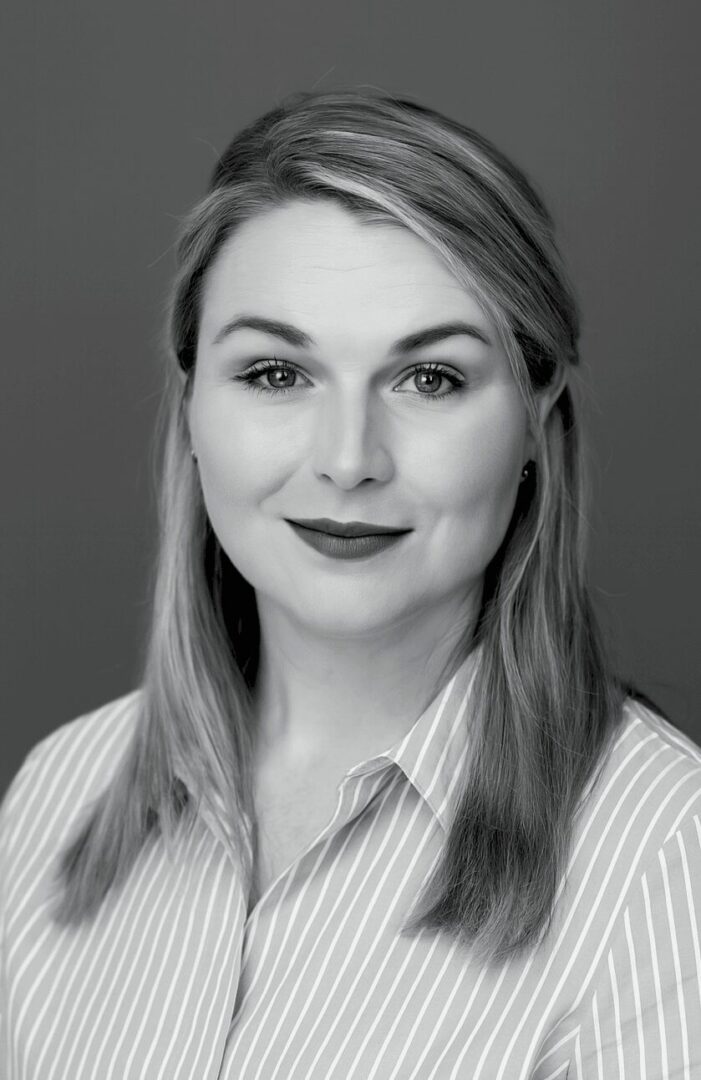We recently connected with Shannon Sullivan and have shared our conversation below.
Hi Shannon, so excited to talk about all sorts of important topics with you today. The first one we want to jump into is about being the only one in the room – for some that’s being the only person of color or the only non-native English speaker or the only non-MBA, etc Can you talk to us about how you have managed to be successful even when you were the only one in the room that looked like you?
I think the first step is to define what success truly looks like to you, not the version handed to you by society, family, or institutions. That definition has to come from a place of radical honesty. For me, success means living in alignment with my values, showing up authentically, and creating a life where I feel grounded in integrity. That clarity has served as my anchor, especially when I find myself as the only one in the room who looks like me.
That isn’t to say it’s been easy. Being “the only one” often comes with a quiet pressure to represent more than just yourself. There’s a tension between wanting to belong and needing to stay true to who you are. It’s easy to internalize the expectations projected onto you, or the stories we tell ourselves to stay small, stay quiet, stay safe. But at some point, I had to ask myself: What kind of life would I be living if I never risked showing up fully as myself? The answer was clear—I’d be living someone else’s story, not mine.
Growth, I’ve learned, requires flexibility. I’ve had to remain open to change, open to unlearning, and open to the idea that I can shift directions without betraying my values. It’s okay to change your mind. It’s okay to try something new. Every day offers a fresh chance to align more closely with the person I want to be.
And yes, sometimes I’ve had to go first. I’ve had to be the one to raise my hand, to question the room, to hold space for truth—even when my voice trembled. It’s not easy, and it’s rarely comfortable. But I know myself well enough now to recognize that I would feel deeply unfulfilled if I didn’t try to make that kind of impact. I want to look back on my life and feel like I stayed true to my moral compass, even when it would’ve been easier to stay silent.
Authenticity shines. When someone leads or speaks from an authentic place, it’s palpable—even inspiring. And while the world may not always reward authenticity immediately, I’ve found that people rarely forget how you made them feel. If I can walk away from a space knowing I showed up honestly, with kindness and conviction, then I’ve already succeeded in my own right.
Ultimately, being the only one in the room has taught me that my presence is powerful. Not because I conform, but because I don’t. I belong not because I fit a mold, but because I offer something real. And when you carry that sense of belonging from within, there isn’t a room in the world you can’t walk into and make your own.
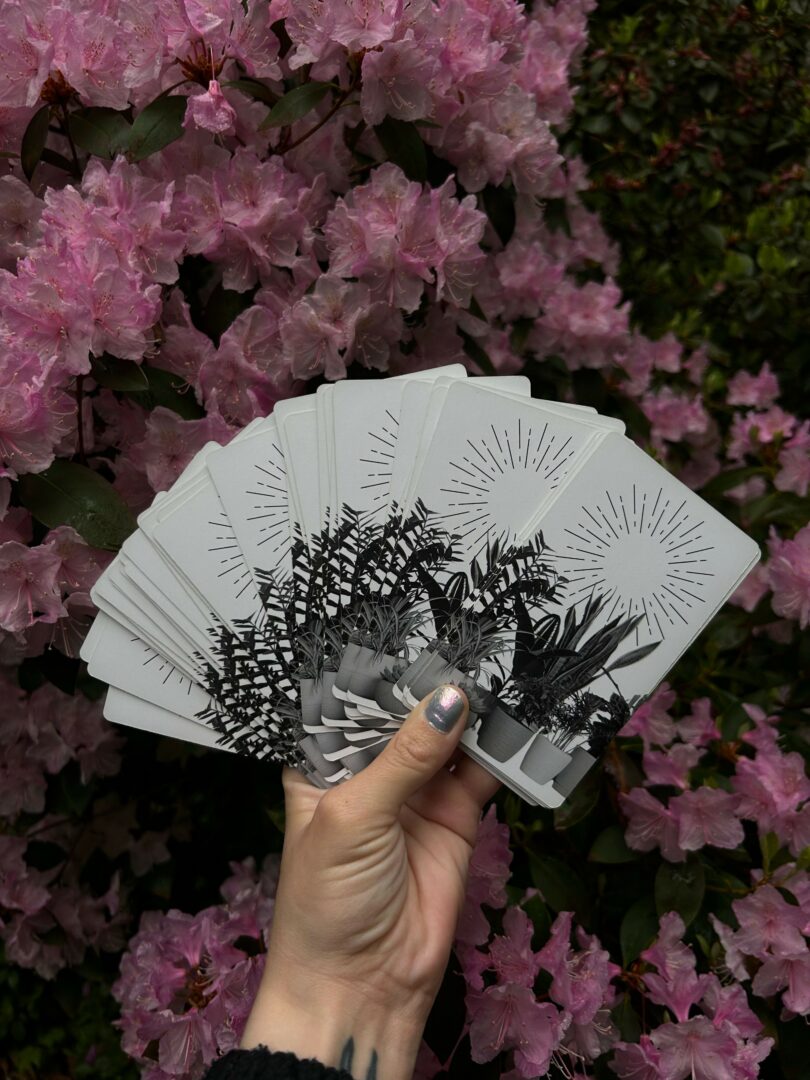
Thanks, so before we move on maybe you can share a bit more about yourself?
I’ve been focused on nurturing Soul Destiny Seven, a brand devoted to offering grounded, nature-rooted rituals and tools for personal growth. At the heart of everything I create is floriography—the Language of Flowers. It’s an ancient symbolic system in which different flowers, plants, and arrangements convey specific emotions, messages, and meanings. I use it as a framework to infuse every product with intention so that even the simplest ritual becomes deeply meaningful.
What feels most special about this work is its ability to reconnect people with the sacred rhythms of the natural world. We live in a time when it’s easy to feel disconnected from nature, from ourselves, even from our sense of purpose. My offerings are designed to help bring people back to a place of wonder and intention, using plants and flowers as guides. Nature has always known how to teach us—gently, patiently, honestly.
One of my favorite creations is The Language of Houseplants, a 44-card oracle deck that blends floriography with intuitive guidance. Each card features a houseplant and its symbolic meaning, along with reflective prompts and gentle insights. Just like plants themselves, the deck is designed to be both grounding and uplifting. Whether you pull a single card for clarity or use a full spread to navigate a bigger transition, this deck serves as a companion for self-reflection and growth. It invites you to ask self-reflective questions like, “What season am I in right now?” “What needs more light?” and “Where am I ready to grow?”
In addition to the oracle deck, I also offer ritual kits that mirror a plant’s growth cycle. These kits are both symbolic and sensory, filled with curated elements like a crystal, palo santo, planting materials, and a guide that help you more deeply embody your personal journey. They’re designed to be accessible and deeply personal—gentle reminders to tend to your inner garden and grow with intention.
Most recently, I released a guided journal called Bloom on June 20th. It’s a 52-week journey inspired by the Language of Flowers, created to help you realign with your dreams, reflect on your seasons, and manifest with clarity. Each week explores a different flower’s symbolism and invites you to reflect upon how that symbolism corresponds with your current season in life.
At its core, Soul Destiny Seven is about remembering that imperfection, transformation, and individuality are beautiful. That growth takes time. That even a dandelion growing through concrete has something sacred to say. Everything I create is an invitation to notice the beauty around you—and within you—once again.
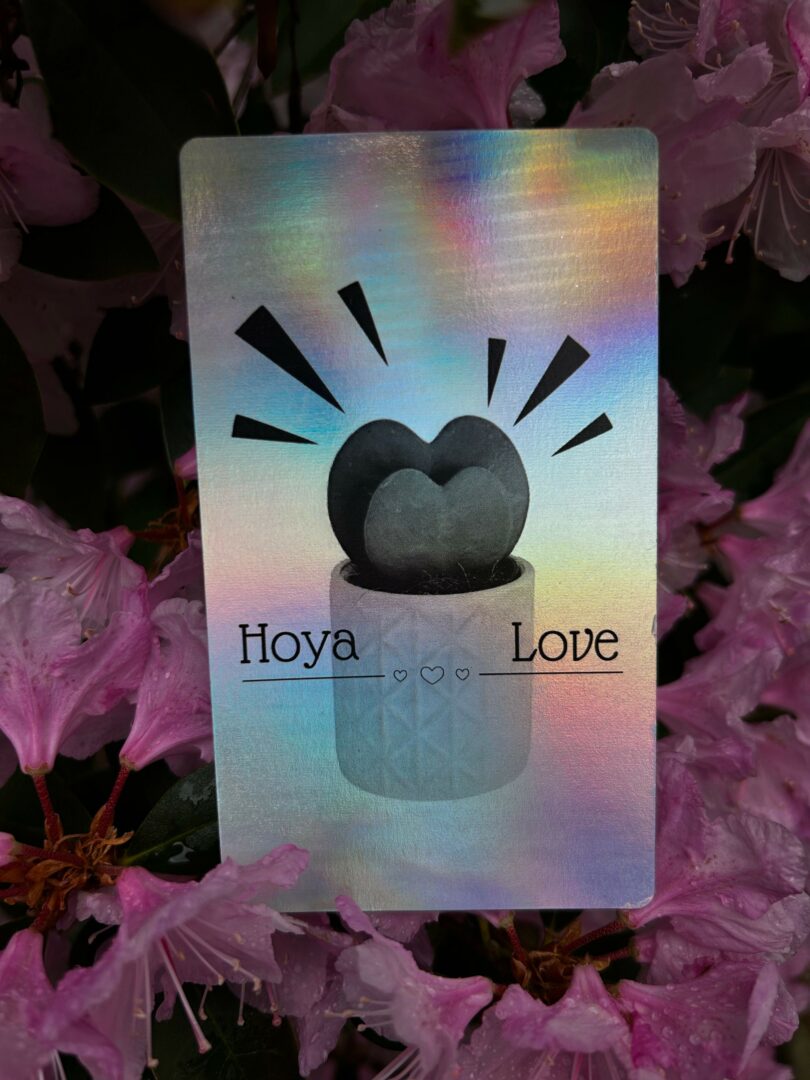
There is so much advice out there about all the different skills and qualities folks need to develop in order to succeed in today’s highly competitive environment and often it can feel overwhelming. So, if we had to break it down to just the three that matter most, which three skills or qualities would you focus on?
Looking back, my journey has been shaped by a few core qualities that continue to guide me. The three that have had the most impact are: vision, discernment, and the willingness to sacrifice.
1. Vision: Be Stubborn About It
A clear vision is everything. It’s your North Star—the thing that keeps you grounded when you’re navigating uncertainty or distractions. My vision has always been bigger than any single product or project. It’s the “why” beneath it all. I’ve learned that while the vision should stay solid, the path toward it should remain flexible. Adaptation isn’t failure; it’s wisdom in motion.
Advice:
Spend time defining your vision. Not the polished version for public consumption, but the real, raw one that lives underneath. Write it down. Revisit it often. Let it evolve. And most importantly, trust it—especially when things don’t look the way you imagined they would.
2. Discernment: Energy is a Resource
Discernment is what helps you protect your vision. When you’re just starting out, it’s easy to feel like you have to say yes to everything, or that every opportunity might be the one that changes everything. But not everything deserves your time, energy, or creative bandwidth. Learning to say no—even to “good” things… by doing so, you are creating space for the right things.
Advice:
Get clear on your values. Every decision should be filtered through them. Practice pausing before responding, especially when something feels exciting but not quite aligned. Over time, you’ll trust your inner compass more, and you’ll notice how much more powerful your “yes” becomes when it’s rooted in clarity.
3. Sacrifice: The Price of Building Something Real
People talk a lot about following your passion, but not enough about what that actually costs. Building something meaningful requires sacrifice, whether that is time, money, comfort, and sometimes even relationships that no longer align. I’ve had to make hard choices. But I’ve also learned that not every loss is a setback. Sometimes, it’s an offering. Sometimes, it’s the space required for something greater to take root.
Advice:
Be honest with yourself about what you’re willing to give up in order to build what you truly want. That doesn’t mean self-abandonment, but it does mean understanding that meaningful growth requires commitment. There will be uncertainty and moments of doubt—but they’re part of the process. Honor the trade-offs, and stay focused on what you’re nurturing long-term.
In the early stages, everything can feel like make-or-break. But it’s the steady, rooted practices—vision, discernment, and sacrifice—that quietly build something lasting. Keep showing up, keep refining, and keep tending to the soil beneath your dreams.
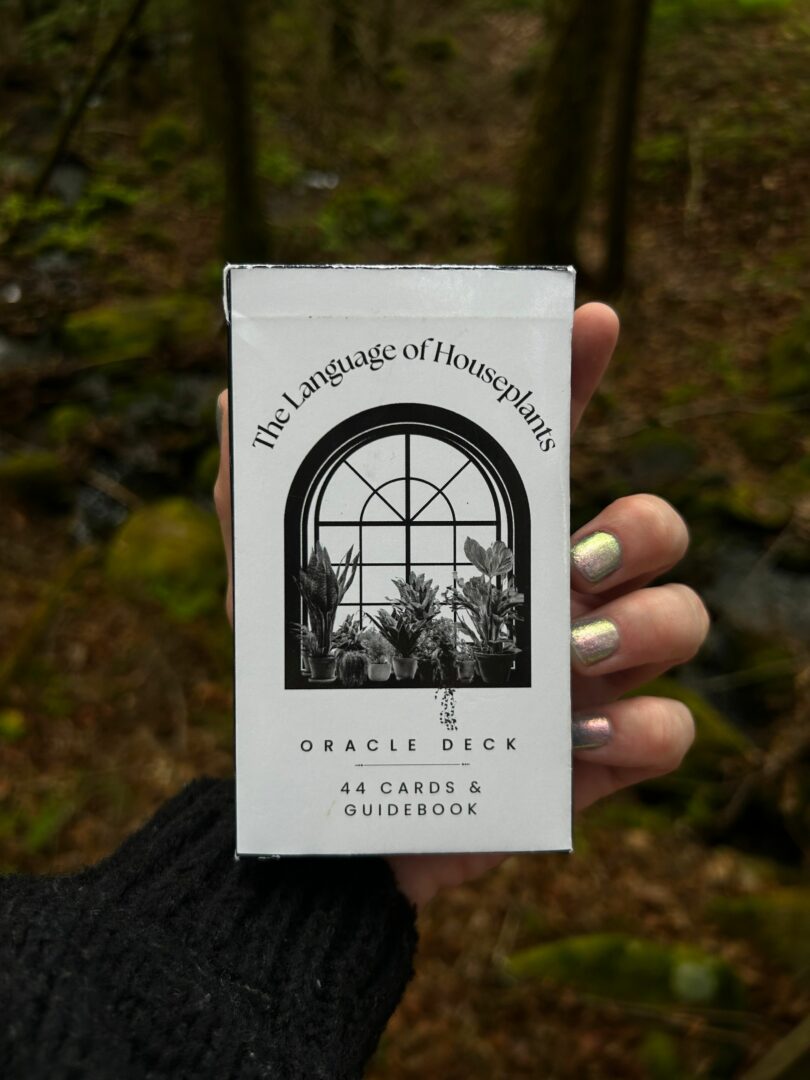
Tell us what your ideal client would be like?
My ideal client isn’t defined by age, background, or how much they already know about spirituality. Instead, they’re defined by a willingness—a curiosity, even—to reconnect with themselves and the natural world in a deeper, more intentional way. They’re often people who are feeling a pull to slow down, to create meaning in their lives, and to root into practices that feel real, not performative or overly polished, but personal and grounding.
They might be navigating a life transition, feeling creatively blocked, seeking healing, or simply wanting to rekindle their sense of wonder and connection. Many of them feel deeply, think expansively, and care about how they move through the world. They’re often highly intuitive, even if they haven’t yet put language to it. Some are long-time practitioners of ritual or mindfulness; others are just starting out. Either way, what they all have in common is an openness to growth and an appreciation for the symbolic, the sensory, and the sacred.
An ideal client is someone who resonates with the idea that plants and flowers can be messengers and mirrors. They value beauty—not in a superficial sense, but as a source of healing, remembrance, and transformation. They’re drawn to meaning. They’re not afraid to ask deeper questions. And they’re not looking for a quick fix; they’re looking for sustainable, nourishing practices that meet them where they are.
Ultimately, the people I connect with most are seekers and dreamers. They’re not trying to escape life—they’re trying to meet it more fully. And that, to me, is where the real magic happens.
Contact Info:
- Website: https://www.souldestinyseven.com
- Instagram: @souldestinyseven
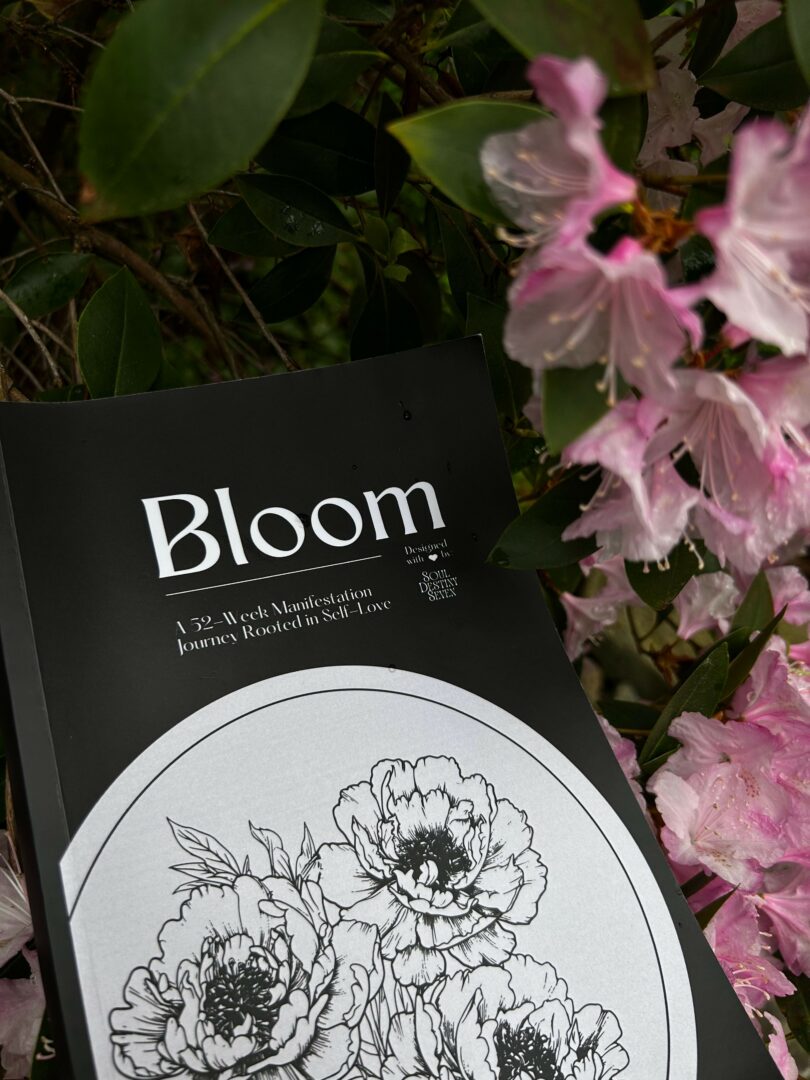
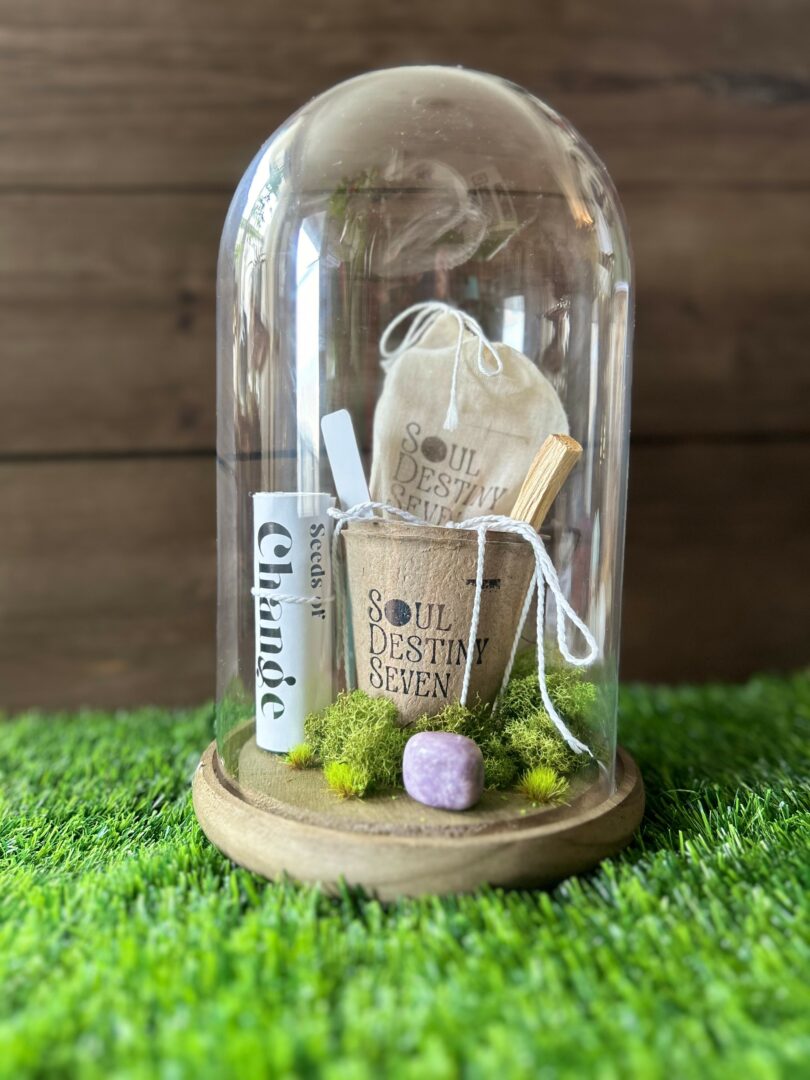
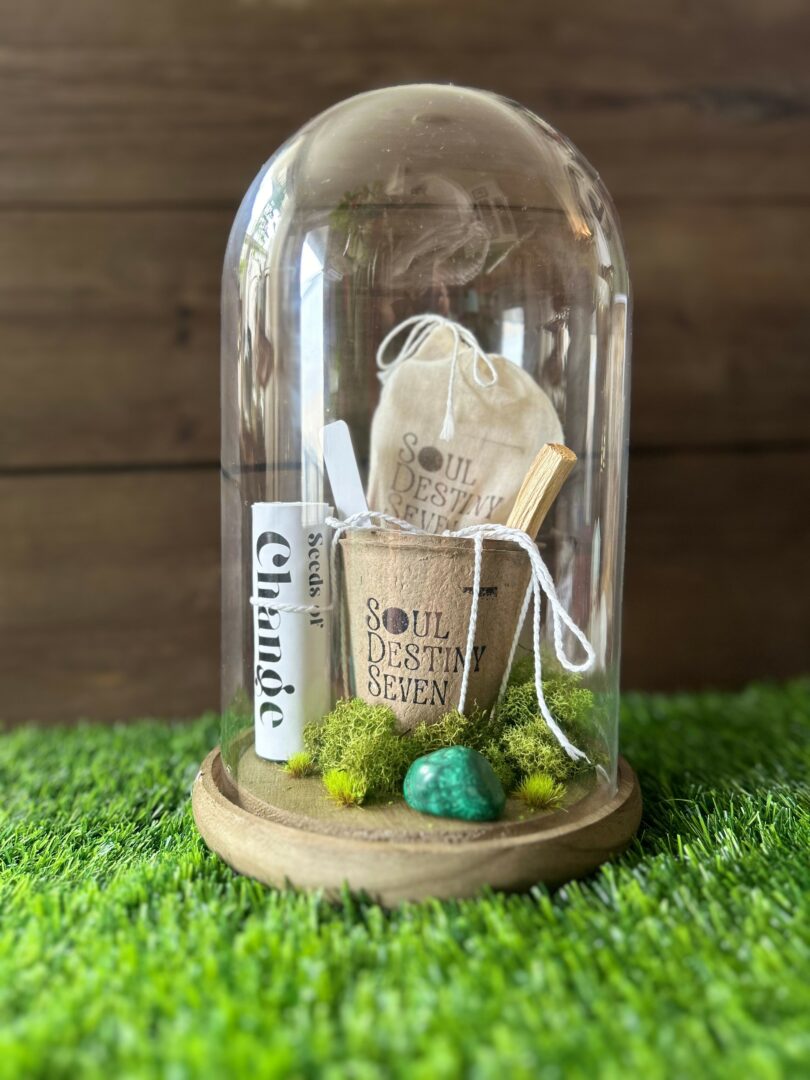
so if you or someone you know deserves recognition please let us know here.

